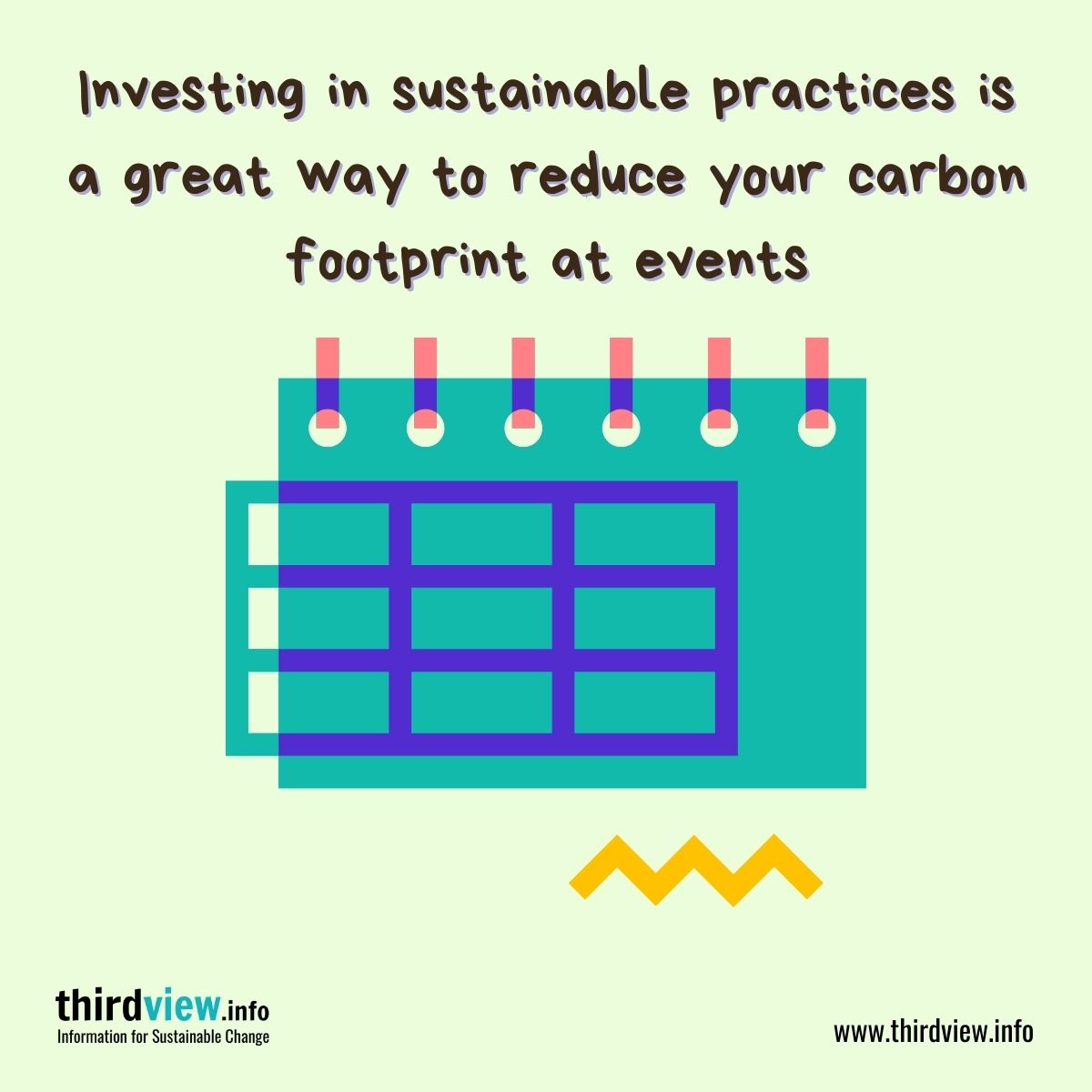Sustainability is an increasingly important factor when it comes to planning events. We all need to do our part to reduce our carbon footprint and have a positive impact on the environment. Here are 10 tips for planning sustainable events that will help you make sure your event is as eco-friendly as possible.
- Recycle your waste – Make sure there are plenty of recycling bins available at your event and encourage guests to recycle their waste. You can also provide reusable cups, plates, and utensils to reduce the amount of waste created during the event.
- Compost your food waste – Composting is one of the most effective ways to reduce food waste from an event because it prevents usable food from going into landfills where it will emit methane gas into the atmosphere.
- Buy locally – Buying locally sourced products helps support local businesses while minimizing the environmental impact associated with transporting goods over long distances – plus you usually get better quality products too.
- Invest in eco-friendly cleaning products – Use cleaning products that are free from harsh chemicals and made with natural ingredients like vinegar or baking soda instead – this will minimize their impact on the environment while still giving you great results when it comes time to clean up after the event has ended.
- Consider plant-based menu options – Offer vegan/vegetarian options at your next event – not only will this help reduce animal suffering but it can also help reduce your environmental footprint since plant-based foods require fewer resources (e..g., water) than meat-based options do when produced conventionally.
- Rent equipment instead of buying new– Renting equipment for events such as audio systems, tables & chairs can help save resources & money compared with buying new items every time.
- Encourage public transport– Encourage guests to use public transport whenever possible & provide information on how they can get to & from the venue by bus, train etc.
- Educate guests about sustainability– Include sustainability topics in speeches & presentations throughout the day so that guests leave feeling informed about how they can live more sustainably.
- Donate leftover food– If there is leftover food at the end of an event consider donating it instead of throwing away.
- Create an eco-team for the day of the event – Put together an eco-team who can be responsible for collecting recycling & monitoring any potential sustainability issues.
Planning sustainable events doesn’t have to be difficult; there are plenty of simple steps that anyone can take towards making their next gathering eco-friendlier. By following these 10 tips, you’ll be well on your way towards hosting a successful, sustainable event that has minimal impacts. With just a little bit of effort we all have the power to create positive change in our own lives and communities.


